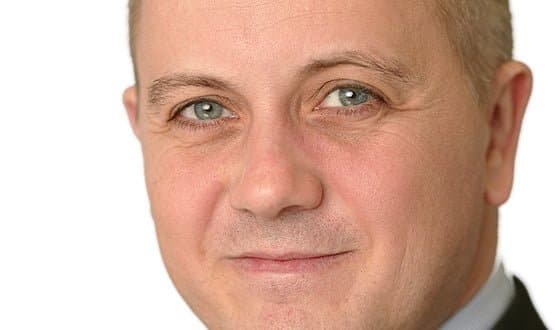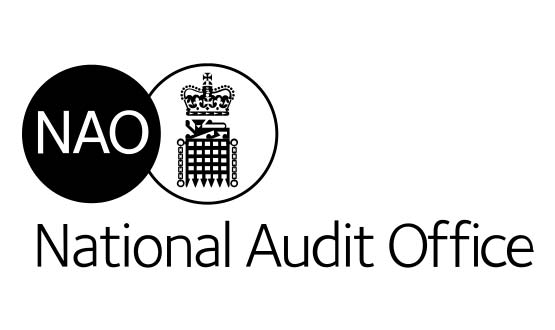Treasury asked for £3-5 bn NHS tech fund
- 3 November 2015

The Treasury is being asked for up to £5.6 billion to support the NHS’ technology ambitions, as part of the spending review process that will conclude later this month.
A bid for between £3.3 billion and £5.6 billion was made in September. The Health Service Journal reported yesterday that details of the bid were outlined in a paper presented to the National Information Board in October.
The NIB co-ordinates healthcare IT across the Department of Health, NHS England, Health and Social Care Information Centre and other bodies. The paper has been removed from its October meeting bundle. But Digital Health News understands that the report and the figures are correct.
HSJ reported that the paper said: “On September 4, the DH submitted a bid for technology, data and digital with an estimated range of costs £3.3 billion to £5.6 billion, and signalled to Treasury that more work was needed to refine the costs.”
The spending review will be announced on 25 November and will set out government spending, department by department, for each financial year from 2016-17 to 2019-20.
Health is one of a small number of ‘protected’ departments that will not see its spending cut; and the Conservatives made a general election pledge to increase health spending by £8 billion over the course of this Parliament.
However, think-tanks are worried that the Treasury will move to redefine the ‘protected’ part of the health budget as the money spent by commissioners on ‘frontline’ services.
This would allow for reductions in other ‘health’ spending, such as public health and regulation. In addition, the health service will need to find at least £22 billion of efficiency savings to stave off a projected gap between funding and demand of £30 billion by 2020-21 – which will grow if social care continues to be cut.
This would make such a large bid for technology an audacious move; although NHS England’s director of patients and information, Tim Kelsey, who chairs the NIB, has argued the NHS could save between £8.3 billion and £13.7 billion by investing in technology ranging from electronic health records to digital channels for patients.
The consultants’ report on which Kelsey based his figures has not been released. But in an interview ahead of EHI Live 2015 last week, Kelsey told Digital Health news that he believed NHS England was in a good position to make the case for investing in technology to support NHS England’s ‘Five Year Forward View’ plans to close the funding gap.
He also indicated that he wanted to see the money put into a ‘meaningful use’ technology fund, to support the delivery of new ‘digital roadmaps’ that clinical commissioning groups have been told to draw up by next April.
‘Meaningful use’ was introduced in the US by the American Reinvestment and Recovery Act 2009 to define minimum standards for electronic health records and reimburse providers for their implementation – although use and benefit has been harder to prove.
The bid to Treasury would also be large in UK historical terms; it would be around a quarter to the third of the total projected cost of the National Programme for IT in the NHS, at £12.7 billion.
It would also be very considerably larger than the two rounds of NHS technology funding that were found to support health secretary Jeremy Hunt’s ‘paperless’ target, which spent around £240 million, after the second round was significantly cut last year, to help stave off a winter crisis.
HSJ reported that the bid outlines nine areas for technology funding, with the largest “paper free healthcare and transactions”… including “electronic health records, integration and interoperability, e-medicine supply chain and digital diagnostics.”
The paper reportedly put in for £3 billion for these. Other significant areas of proposed spend include transforming general practice IT, at £789 million, improvements to NHS infrastructure, including the NHS Spine and email systems, at £761 million, and data for outcomes and research at £747 million.
Negotiations with the Treasury are still ongoing.



